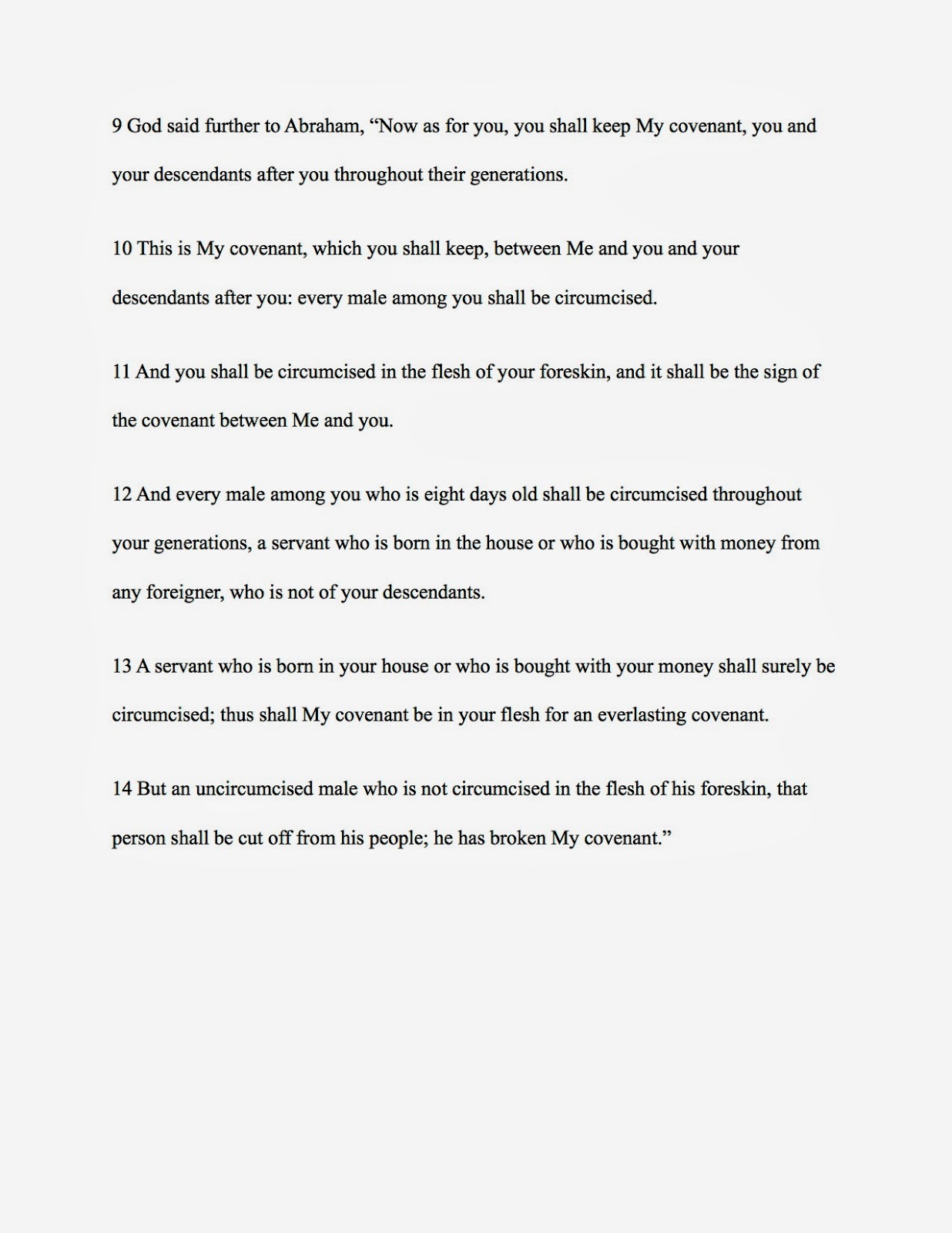Let's begin by reading Ephesians 2 (yes the whole chapter). Now go back and read Ephesians 2:11-22 and mark references to Jesus. I like to mark Jesus with a red cross. Now get out your journal and write down everything you learn about Jesus in these verses. Do you notice any other key words in this passage? Go back and look for any other key words and mark them. As we focus on 14-16 what do we see in these verses that Jesus did and is?
We see that Jesus abolished in His flesh the enmity which is the Law of the commandments. Look up the greek word "enmity" using Blue Letter Bible. Write down what you learn in your journal. What two groups are being made into one new man because of what Jesus abolished? Write down your observation in your journal. What does it mean that Jesus made the two groups into one new man? Let's look up the word "new" using Blue Letter Bible. Write down what you learn in your journal. What do you think caused this enmity between these two groups? Let's look up some cross references and write down what we learn:
- Leviticus 20:22-26
- Acts 11:1-18 (Note who is taking issue with whom and why. How is the behavior validated? How does this verse support the enmity Christ takes away?)
- Colossians 2:16-17 (What is the issue here?)
Let's consider...who were the two groups that God was bringing together? Why were they separated? How was the enmity abolished? Write down your answers.
Another thing we see is that Jesus is our peace (vs 14). Peace is a key word in this section. Was it one of the words you marked? If not, go back and mark peace. Write down what you learn about peace in verses 14-16. What does that word peace mean? Let's look up the word "peace" using Blue Letter Bible. Look up Isaiah 9:6-7 and write down what you learn about Jesus and peace.
Did you notice the word reconcile in Ephesians 2:16? The jews and gentiles were reconciled to God through the death of Jesus. Look up the definition for "reconcile" and write it down in your journal. Now let's look at other places in scripture that talk about this reconciliation. Look up Romans 5:6-10, Colossians 1:18-21, and 2 Corinthians 5:17-21 (Or use the handouts attached to the end of this lesson). Mark the word reconcile in each passage. Make a list in your journal about what you learn about reconciliation. Now ask yourself how can we who are dead in our transgressions and sins, living under the power of the prince of the power of the air, be reconciled to God? Write down your answer in your journal.
As you end this week of study I want your to go back and look at Ephesians 2:11-16. Read it. Remember the context. Why does reconciliation matter? How then should we live? Write down your thoughts in your journal. Be ready to share what God is teaching you!



